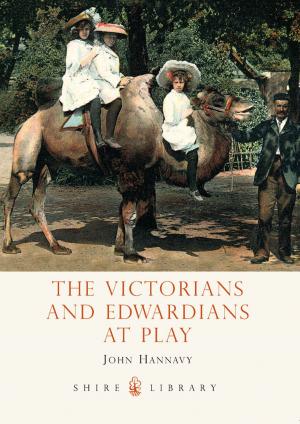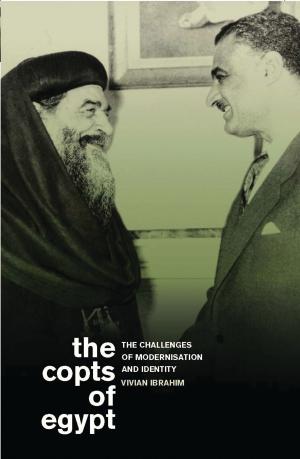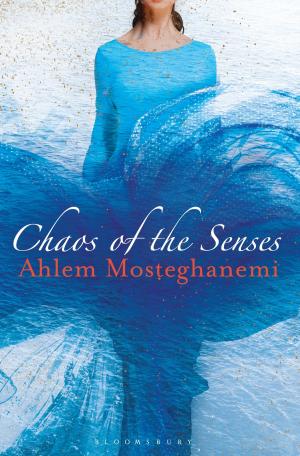| Author: | Joe Harbot | ISBN: | 9781408156322 |
| Publisher: | Bloomsbury Publishing | Publication: | May 27, 2014 |
| Imprint: | Methuen Drama | Language: | English |
| Author: | Joe Harbot |
| ISBN: | 9781408156322 |
| Publisher: | Bloomsbury Publishing |
| Publication: | May 27, 2014 |
| Imprint: | Methuen Drama |
| Language: | English |
The Boy on the Swing portrays an individual in the throes of a corporation with intimidating authority and an almost inexplicable leverage to trap and injure. Upon finding a mysterious business card labelled 'Talk to God' in the street, protagonist Earl Hunt comes into contact with the Hope and Trust Foundation which offers the chance to meet God - for a price. After submitting credit card details during a bafflingly threatening phone interview, Earl proceeds to a visit to the Hope and Trust office full of unfathomable power games which alternate between geniality and intimidating menace. The promised meeting with 'God' arrives when, in a dingy room, Earl finally comes into contact with an old man of 85.
From the pseudo business-evangelical spiel of the Hope and Trust Foundation to the frugal simplicity of the man presented as God, Joe Harbot's range and pace is cleverly broad and elusive. From a set-up which subtly suggests the mercenary exploitation of the lost and the lonely, the play's arc turns to darker and stranger themes of metaphysical significance.
The Boy on the Swing is an enigmatic piece of writing, sometimes baffling and sometimes blackly funny. For all its bizarre and perplexing notes, the play has a smart, dark sense of humour and grapples with abstract, preternatural questions.
The Boy on the Swing portrays an individual in the throes of a corporation with intimidating authority and an almost inexplicable leverage to trap and injure. Upon finding a mysterious business card labelled 'Talk to God' in the street, protagonist Earl Hunt comes into contact with the Hope and Trust Foundation which offers the chance to meet God - for a price. After submitting credit card details during a bafflingly threatening phone interview, Earl proceeds to a visit to the Hope and Trust office full of unfathomable power games which alternate between geniality and intimidating menace. The promised meeting with 'God' arrives when, in a dingy room, Earl finally comes into contact with an old man of 85.
From the pseudo business-evangelical spiel of the Hope and Trust Foundation to the frugal simplicity of the man presented as God, Joe Harbot's range and pace is cleverly broad and elusive. From a set-up which subtly suggests the mercenary exploitation of the lost and the lonely, the play's arc turns to darker and stranger themes of metaphysical significance.
The Boy on the Swing is an enigmatic piece of writing, sometimes baffling and sometimes blackly funny. For all its bizarre and perplexing notes, the play has a smart, dark sense of humour and grapples with abstract, preternatural questions.















